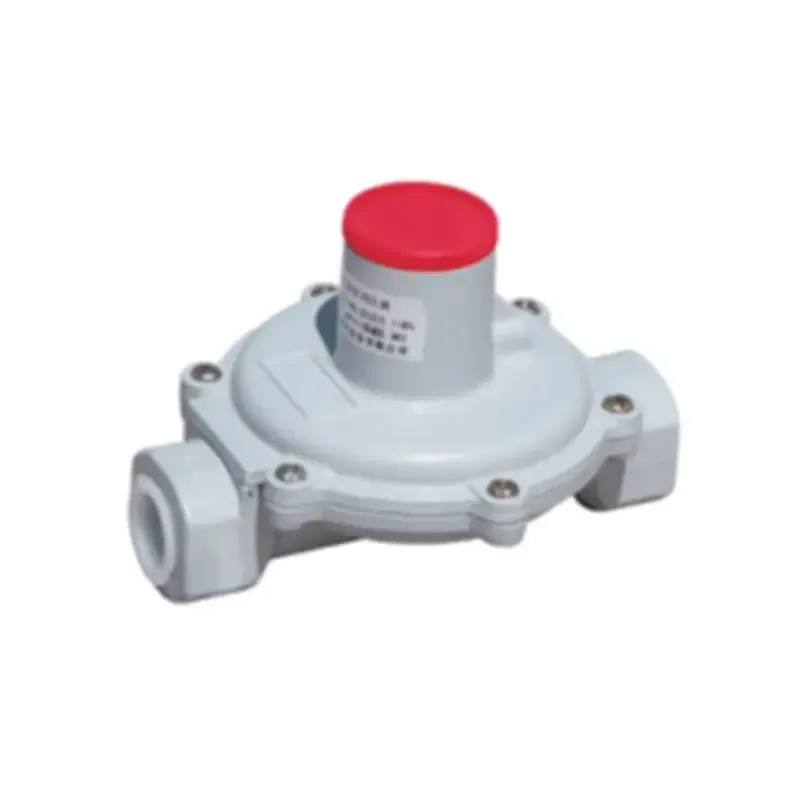
Dec . 10, 2024 21:22
Back to list
Optimizing Gas Metering Strategies for Enhanced Efficiency and Accuracy in Measurement
Understanding Gas Metering Importance, Types, and Technologies
Gas metering is an essential process in the management and distribution of natural gas, playing a pivotal role in ensuring accuracy and efficiency in the allocation of this crucial energy resource. As energy demands increase globally, the significance of reliable gas metering systems becomes increasingly apparent. This article explores the importance of gas metering, the various types of gas meters, and the emerging technologies shaping the future of this industry.
Importance of Gas Metering
Gas metering is primarily conducted to measure the volume of gas consumed by residential, commercial, and industrial users. Accurate measurements are vital for several reasons
1. Financial Accountability Gas utility companies rely on precise metering for billing purposes. Inaccurate readings can lead to revenue losses or disputes between the utility and its customers. Accurate billing assures consumers that they are only paying for the gas they have used.
2. Regulatory Compliance Governments and regulatory bodies impose strict standards on the measurement of gas to ensure fairness and accuracy in billing. Gas metering helps companies comply with these regulations, thereby avoiding legal complications.
3. Safety and Maintenance Regular monitoring through gas metering can help identify leaks or irregularities in consumption patterns, ensuring prompt maintenance and reducing safety risks associated with gas distribution.
Types of Gas Meters
There are several types of gas meters available, each designed for specific applications and requirements
1. Diaphragm Meters Commonly used in residential applications, diaphragm meters measure the gas flow using a series of chambers that expand and contract to register the volume of gas passing through.
2. Rotary Meters These meters are typically used in commercial and industrial settings. They measure gas flow using rotating elements, providing high accuracy and being capable of handling large volumes.
gas metering

3. Turbine Meters Often employed in large-scale industrial applications, turbine meters measure gas flow by using a rotor that spins with the gas as it moves through the meter, offering high precision at higher flow rates.
4. Coriolis Meters A more modern technology, Coriolis meters provide precise measurements by measuring the mass flow and density of gas. They are gaining popularity due to their accuracy and ability to measure various gas types.
5. Smart Meters The advent of digital technology has led to the development of smart gas meters, which offer advanced features such as remote monitoring, real-time data transmission, and integration with smart home systems. These meters enhance customer engagement and facilitate efficient energy usage.
Emerging Technologies in Gas Metering
The future of gas metering is being shaped by several technological advancements
1. Internet of Things (IoT) IoT-enabled gas meters can transmit usage data directly to utility companies, allowing for real-time monitoring, predictive maintenance, and improved customer service. This connectivity also enables users to track their gas consumption patterns and optimize usage.
2. Data Analytics The integration of data analytics tools allows gas companies to analyze consumption patterns, forecast demand, and improve their operational efficiency. Insights derived from data can lead to better infrastructure planning and resource allocation.
3. Blockchain This technology offers a secure way to record and verify transactions related to gas consumption, which could enhance transparency in billing and reduce disputes between consumers and utility providers.
4. Renewable Energy Integration As the energy landscape evolves, integrating renewable energy resources with traditional gas distribution systems becomes crucial. Advanced metering technologies will facilitate this integration by providing accurate data essential for managing mixed energy sources.
Conclusion
Gas metering is a critical component of energy management and distribution, ensuring accuracy in measurement, promoting safety, and facilitating regulatory compliance. As technology continues to advance, gas metering systems are becoming more sophisticated, efficient, and user-friendly. By embracing these innovations, both utility companies and consumers can benefit from enhanced energy management solutions, paving the way towards a more sustainable energy future.
Latest news
-
Safety Valve Spring-Loaded Design Overpressure ProtectionNewsJul.25,2025
-
Precision Voltage Regulator AC5 Accuracy Grade PerformanceNewsJul.25,2025
-
Natural Gas Pressure Regulating Skid Industrial Pipeline ApplicationsNewsJul.25,2025
-
Natural Gas Filter Stainless Steel Mesh Element DesignNewsJul.25,2025
-
Gas Pressure Regulator Valve Direct-Acting Spring-Loaded DesignNewsJul.25,2025
-
Decompression Equipment Multi-Stage Heat Exchange System DesignNewsJul.25,2025

